Junior creates mental health resource for students
December 14, 2020
Junior Urvi Parihar considered herself the “therapist friend.” She frequently dealt with her peers seeking advice and expressing their problems to her. What she quickly began to realize was how much more frequently this began happening once quarantine occurred and restrictions for social interactions were put into practice. This served as a catalyst for Parihar to start her student-led non-profit group, The Lavender Project, which serves to advocate for and draw awareness to student mental health struggles.
“I think it’s so important because honestly everyone struggles with mental health in one way or another, and I think we live in a society where some people look down on it and think that it’s a weakness,” Parihar said. “Struggling with mental health is okay, it’s okay to struggle because everyone does. I think it’s important that we step up and say: this is the problem, we need to fix it and this is how we do it.”
The student-led organization features writers from all over the nation working to produce articles centered around mental illness/health on TLP’s website. Parihar believes that students themselves are best to understand and aid other teens, schools and communities.
“We understand more of what teens are going through because we all go through it as well. I feel it’s very stereotypical of our parents to downplay our mental health issues and many don’t believe in mental health being a thing. I think that the stigma is mostly created by millenials and the older generations; they don’t realize how different it is for us than when they went to school,” Parihar said. “Getting into college is harder for us, and trying to balance school, sports, clubs, slipping grades, AP classes and work is even more stressful now, especially with all this technology and these new things.”
Technology and social media played a role in the structuring of the non-profit. Many agree that technology has downsides. It can hinder face-to-face contact and is partly responsible for a decrease in socialization amongst our generation. However, Parihar believes that in these times, when many are quarantined and feel disconnected from their peers, technology lends itself as a helpful solution.
“I think with technology we are more connected to our peers, though it can also be detrimental is a subconscious way when we see these amazing people, and we compare ourselves to them. That’s a negative side to it, but it also gives us an opportunity to connect with the peers that also face the same troubles and similar circumstances we go through. But we also can see those differences between our lives but still know we’re connected. The website articles will allow us to connect with others no matter where they are in a time where everyone is disconnected,” Parihar said.
Knowing others struggle due to disconnection, and connecting with others making some individuals feel less alone, is one of the major goals of the non-profit. Additionally, goals have been set out for both the writers and the readers, so they can benefit as much as possible.
“We want to get our information to as many people as we can and just to help as many people as possible. And we’re also going to try and write brochures that we can put in schools and libraries that are going to be written by teens. I think that’s really important and will be beneficial since most brochures written about mental health are written by professors and older people who might not understand us as well,” Parihar said. “We’re also trying to get organizations to put out some mental health stuff there, big organizations that we can get the most amount of recognition from to reach more people.”
Though some elements of the non-profit organization are still in progress and the entirety of it is relatively new and not yet well-known, Parihar doesn’t mind too much, as her true intent and source of motivation is to help others.
“Knowing I am making a difference, even if it’s super slow, gives me motivation to keep going back, even if it’s just for one person,” Parihar said. “I just hope that at least one person benefited from it.”



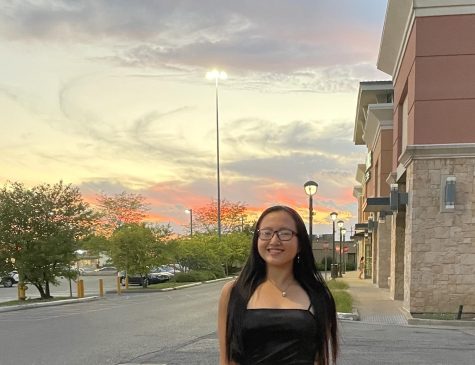


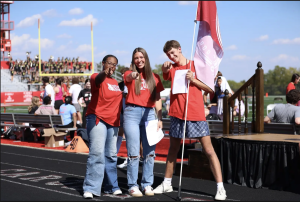
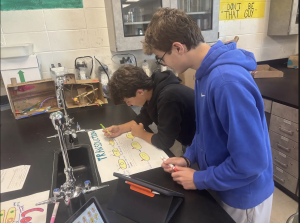
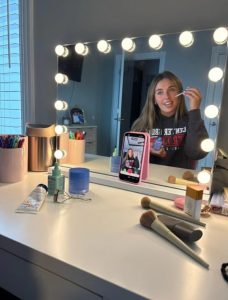

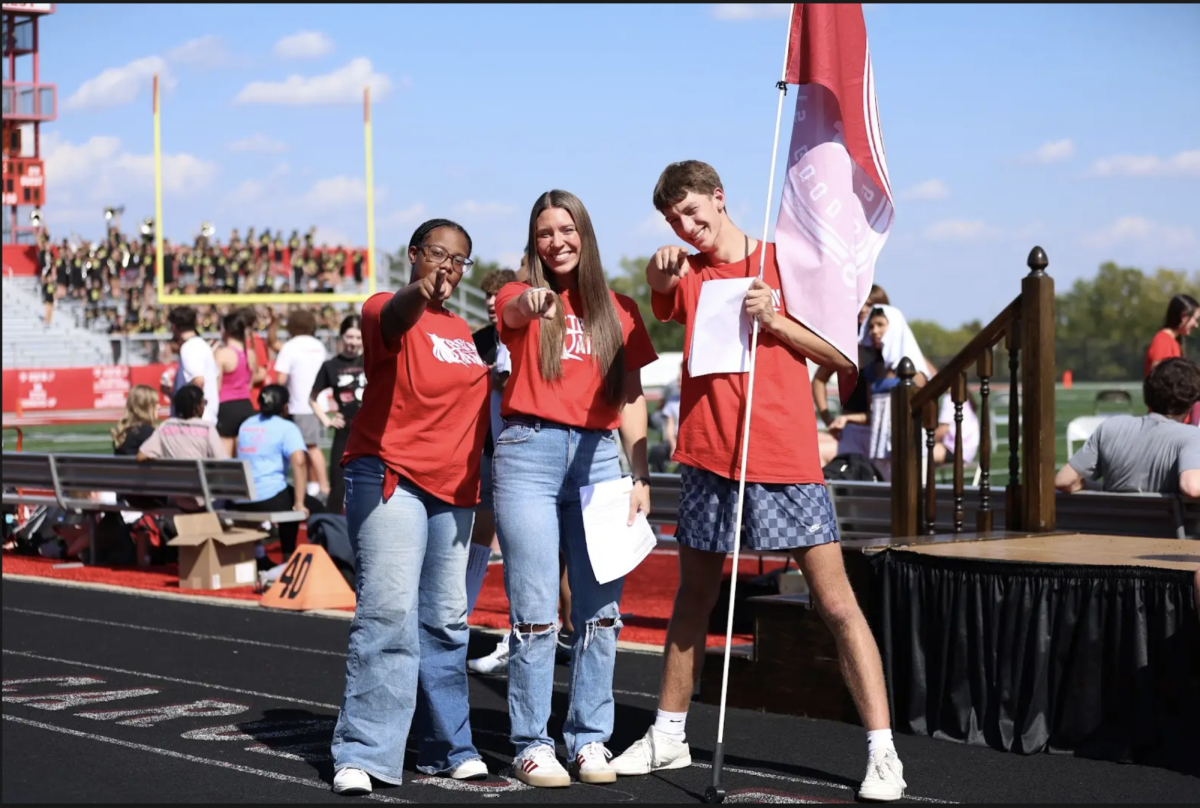

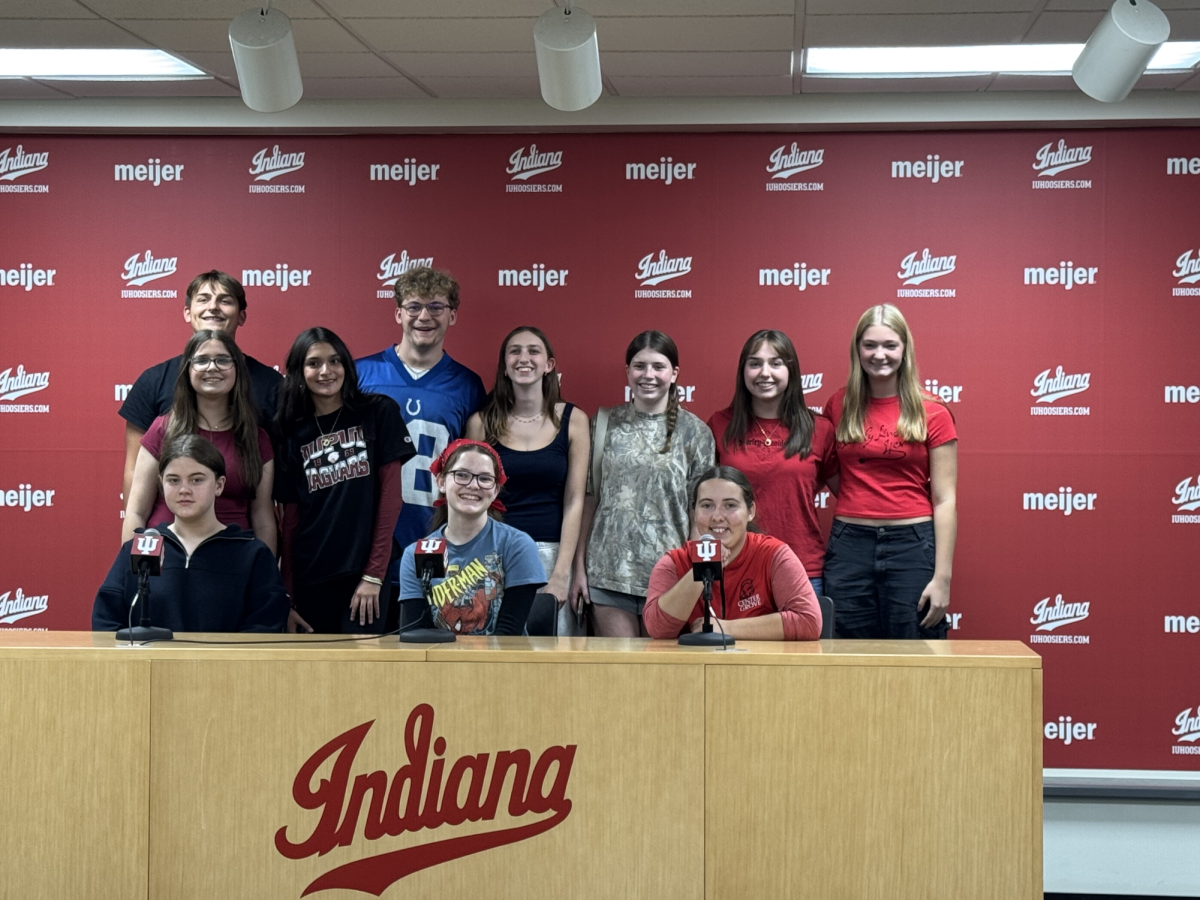

Tom Lambert • Dec 17, 2020 at 2:08 am
Great Article! My friend Garry does not like this site very much but I do! I think he has commented here in the past